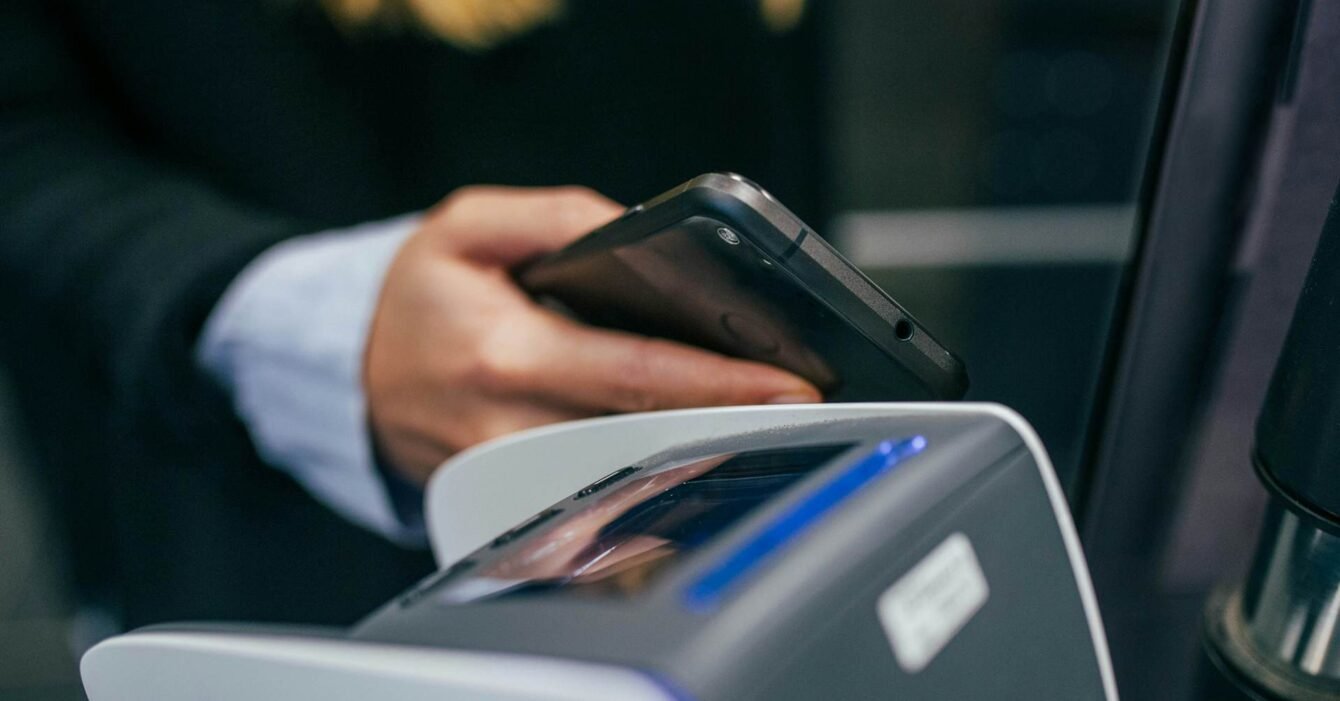Examining Technological Innovations Transforming Iraq’s Banking Sector
Iraq’s banking sector is undergoing a significant transformation driven by technological innovations. Despite the challenges posed by decades of conflict and a struggling financial system, the sector is making strides towards modernization. This article explores the latest advancements in banking technology Iraq is seeing, including the adoption of digital banking solutions, key players in the market, and the impact on financial inclusion.
The Evolution of Banking Technology in Iraq
Over the past few years, Iraq has seen burgeoning growth in its tech sector, which is now extending to the banking industry. The country’s tech sector is slowly gaining momentum despite being hindered by outdated perceptions and a prolonged period of neglect. The proliferation of internet connectivity is paving the way for technological advancements, with internet usage rising from less than 50% in 2021 to 79% in 2022.
Key Players Driving Technological Advancements
Companies like iQ Group are at the forefront of this digital revolution. They have been instrumental in improving internet connectivity, which rose from less than 50% in 2021 to 79% in 2022. The introduction of iQ Group’s 2,200-mile fiber optic internet cable further enhances the digital infrastructure, facilitating the growth of the tech sector.
Moreover, the launch of Iraq’s first independent technology fund in March 2023 marks a significant milestone. This fund is focused on supporting startups in the fintech sector, addressing the country’s longstanding issue of limited access to financial services. The emphasis on fintech is crucial given Iraq’s predominantly cash-based society and underdeveloped banking sector.
Digital Banking Solutions and Regulatory Landscape
The adoption of digital banking solutions is reshaping Iraq’s financial landscape. The Central Bank of Iraq has introduced regulations to license digital banks, signaling a commitment to fostering innovation in the financial sector. These regulations require compliance with capital requirements, robust governance practices, and stringent cybersecurity measures.
Digital banks in Iraq must navigate a complex regulatory environment. They need to ensure adherence to anti-money laundering and counter-terrorism financing regulations. Foreign participation is permitted, albeit with restrictions, ensuring a balanced approach to integrating international expertise while maintaining local control.
Recent News in Iraq’s Digital Banking

A recent milestone in Iraq’s digital banking sector is the partnership between Swiss company Temenos and the Iraqi platform ZainCash. Announced on May 23, 2024, this collaboration involves the implementation of Temenos core banking and payments systems to support the rapid growth and innovation of ZainCash’s digital payment services. This partnership aligns with the strategic goals of the Iraqi government and the Central Bank to boost financial inclusion and expedite digital transformation. By integrating Temenos’ platform, ZainCash is better positioned to extend digital financial services to a broader spectrum of Iraqi customers, merchants, and SMEs. This expansion plays a crucial role in providing more accessible financial solutions, particularly for underserved populations, and contributes significantly to the overall financial inclusion and economic development of Iraq.
Impact on Financial Inclusion
The technological advancements in Iraq’s banking sector have a profound impact on financial inclusion. Digital banking services provide convenient and accessible financial solutions to underserved populations, particularly in rural areas. By leveraging innovative technologies, digital banks can extend their reach, empowering more individuals to participate in the formal economy. The advancements in banking technology Iraq is experiencing are pivotal in reducing the gap in financial accessibility.
However, challenges remain. The skills shortfall in Iraq’s tech sector is a significant barrier, as there is a pressing need for individuals with the right education and experience to drive the sector forward. Despite these challenges, the commitment from both the private sector and the Central Bank of Iraq indicates a positive trajectory towards a more inclusive financial system.

